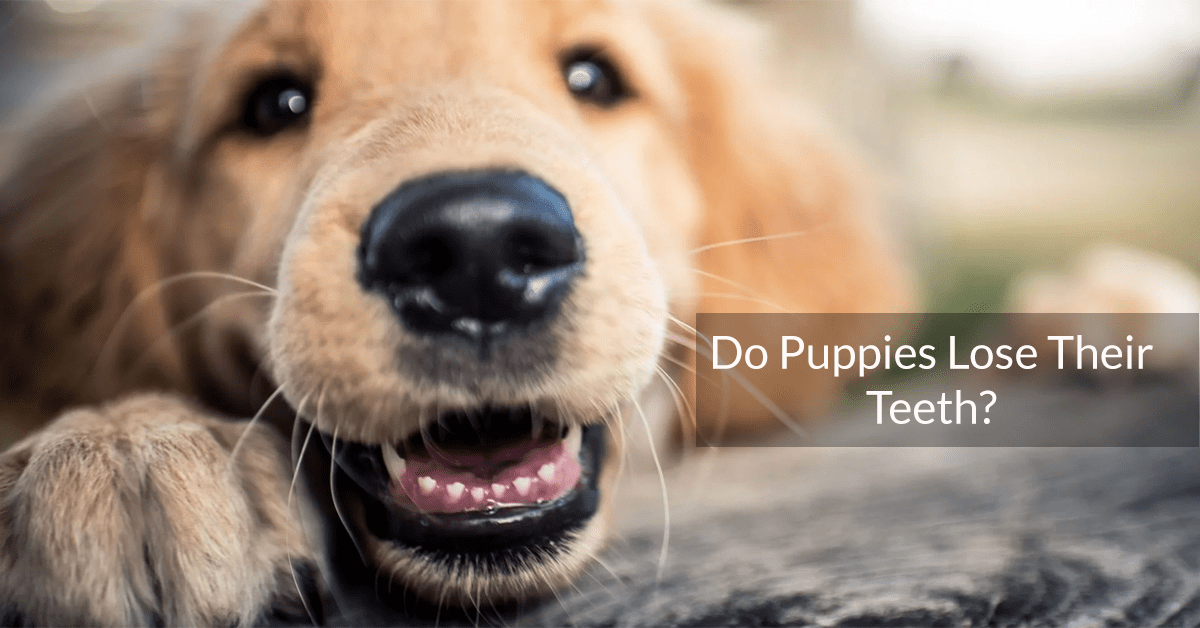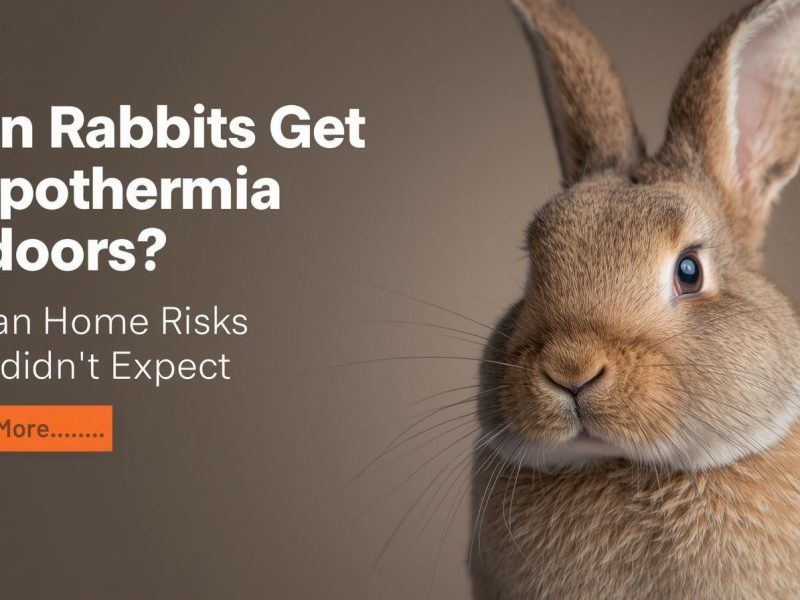Getting a puppy into your life is one of the best experiences. Along with fun and joy, you will get many responsibilities. And one such is maintaining a puppy’s tooth hygiene.
You got a puppy home! How are you going to maintain its tooth hygiene? What if your puppy started losing teeth? Here, we will address a few such questions regarding your puppy’s tooth hygiene.
Like humans, puppies also lose their baby teeth in their growing age and get adult teeth, which is a natural process.
A pup typically has 28 baby teeth (which are also called milk teeth or deciduous teeth), which will outnumber 42 adult teeth as they grow up.
When Does Teething Start In A Pup?
Newborns are born without any teeth, but as they grow to 2-3 weeks age, they start developing baby teeth. First incisors develop, followed by canines and premolars.
Your pup will have developed all 28 baby teeth around six weeks and will start eating the puppy food.
When Do My Pup Lose Baby Teeth?
At six months of age, all the milk teeth start to fall off and be replaced by permanent adult teeth.
My Puppy Is Adult, But Why Is It Losing Teeth?
It’s not natural for a grown-up puppy to lose its teeth due to trauma to the mouth or periodontal disease development. Regular monitoring of your dog’s tooth hygiene is a must, and you should consult a vet if there are any abnormalities.
What is Periodontal Disease?
It is a severe gum infection that may damage the gums and leads to loss of teeth. It is most common in dogs and may attack them at three years of age. It is crucial to treat it on time, or else it may lead to severe complications.
PD is an irreversible disease, and the leading cause is poor oral hygiene.
Symptoms include:
- Bad breath
- Bright red gums
- Tooth loss
- Receding gums
- Tender gums
- Swelling or bleeding
However, it can be prevented by maintaining your dog’s good oral hygiene.
How to Maintain A Dog’s Oral Hygiene?
For good oral hygiene of your dog, you can always try the things mentioned below,
- Oral Examinations
Take your dog for oral exams and cleanings regularly. Dental X-rays are the only way to get a full picture of teeth and gums.
- Brushing Teeth Daily
Daily brushing reduces the growth of bacteria and the formation of plaque. So daily brushing is beneficial.
- Feeding Good Quality Food
Food that provides good dental care should be given to your dog, thus prevents plaque formation.
- Providing Safe Toys To Play With
Chewing every day helps prevent dogs’ dental diseases, so you should provide them with toys that are not hard, like rubber balls.
How To Prevent Gum Diseases In Dogs?
Like we brush our teeth, it is important to brush a dog’s teeth twice a day. If there are any gum disease indications, you should immediately consult a veterinarian.
Like we brush our teeth, it is important to brush a dog’s teeth regularly. If there are any gum disease indications, you should immediately consult a veterinarian.
Steps To Prevent Gum Disease In Dogs:
- Take Your dog or pup for regular oral exams and cleanings.
- Brush your dog’s teeth daily.
- Feed your pet with good quality dog food.
- For chewing, give them clean and safe toys.
Treatment of Gum Disease In Dogs
What if my dog already has gum disease? How to treat it? What procedures are involved in the treatment?
The treatment mainly depends on the tone of the disease. It includes:
- Dog Mouthwash
It helps maintain good oral health for dogs and reduces the growth of bacteria and mitigates the risk of plaque formation.
- Anti-inflammatory Pain Relief
A veterinarian may prescribe Non-steroidal anti-inflammatory drugs to reduce the pain caused by gum damage.
- Antibiotics
These are mainly used to kill the bacteria, leading to tooth damage due to periodontal disease.
- Dental Cleaning
It is a strict procedure as the dog is under anaesthesia. A vet can easily take X-rays to examine the problem as it is vital in diagnosing periodontal disease.
Having a puppy always brings you happiness, but you have to be more cautious about its health. A dog’s physical health is associated with healthy teeth and gums. So, it can be helpful if you take time and play with your pup.



